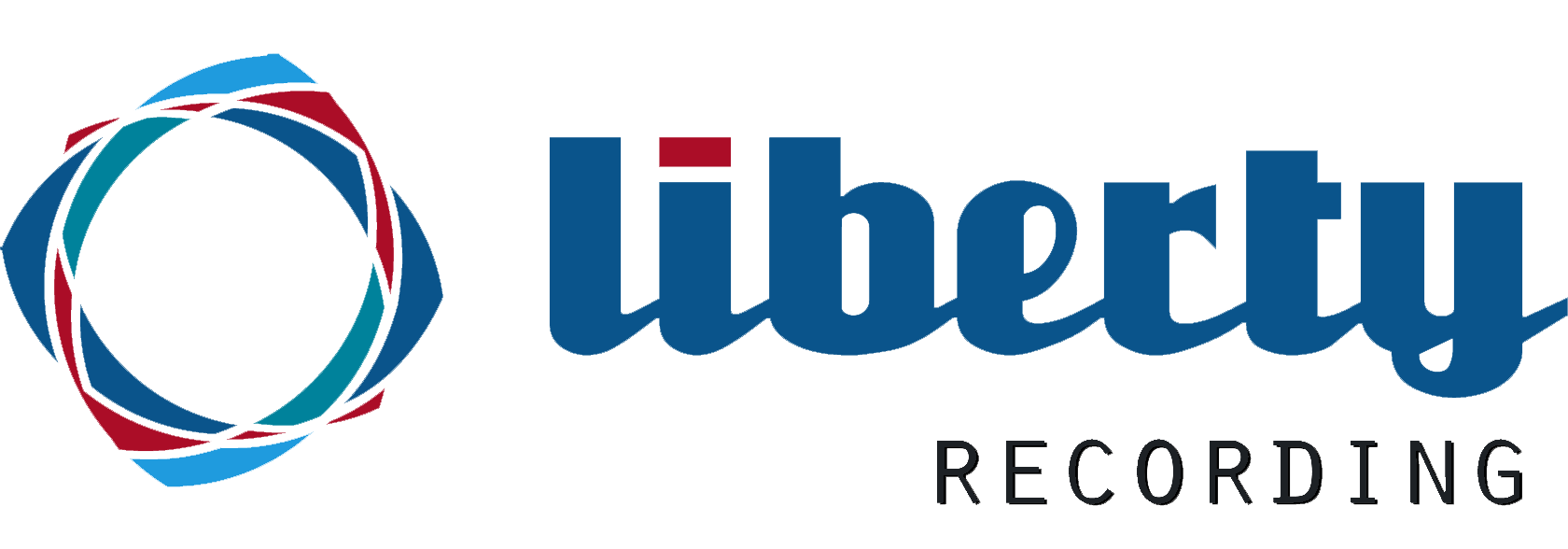 |
DSS File Support and other Methods of Compression |
 |
DSS File Support and other Methods of Compression |
|
Dictation Buddy and Transcription Buddy can playback many types of audio files. Supported audio files are: RIFF-WAV (compressed and uncompressed); MP3; WMA; Olympus DSS (with restrictions); Dialogic VOX; BCB TrueSpeech. Notes, to implement DSS file support. You must install the Olympus Player Pro software from the CD that came with your Olympus recorder. Alternatively, you can try to copy a file called DSSCORE.DLL into the Buddy program install folder. This DSSCORE.DLL file is distributed with Olympus software. The described procedure works for Olympus software containing older versions of DSSCORE.DLL (below version 5.1.0.35); with newer versions of the DSSCORE.DLL, support of DSS files may fail to work. Both Dictation Buddy and Transcription Buddy can also play wav files that have been compressed with an audio codec (like Truespeech, or ADPCM), installed in your system. Dictation Buddy and Transcription Buddy also support Dialogic Vox (.vox) file playback and BCB Truespeech files. The BCB Truespeech files do not have a specific extension. BCB Truespeech files are also known as PlayAll files. Please see the Help facility for more information about these file formats. Comparison Chart of Audio File Formats
DSP Group Truespeech This CODEC is an excellent choice for recording dictation. The CODEC supports a Sample Rate of 8.0 kHz with a Sample Size of 8 bits and mono recording. One hour of Truespeech recording can fit into about 4.5mb of disk space. We suggest the use of Truespeech for Dictation type applications where the speaker's emotions are irrelevant. Microsoft ADPCM The Microsoft ADPCM CODEC offers Sample Rates from 8.0 kHz to 44.1 kHz. All Sample Sizes are 8 bits and the sounds may be captured in either mono or stereo. MPEG Layer - 3 PCM |
|
Copyright High Criteria Inc. 2005-2026. All Rights Reserved. |